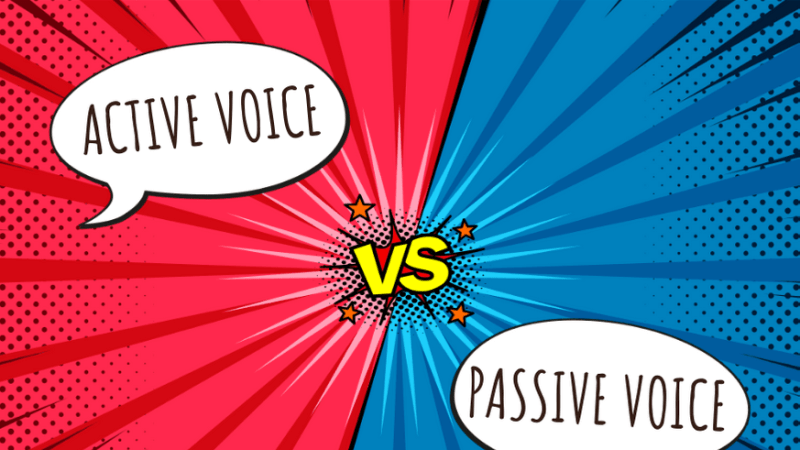Preposition resources – 9 of the best examples, activities and worksheets for KS2 English
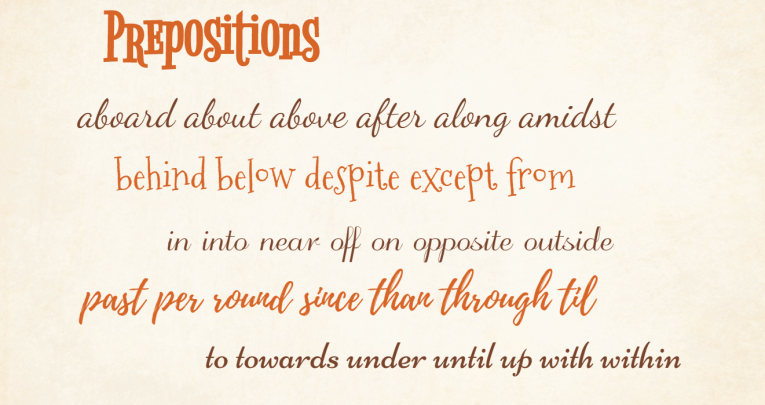
Over, under, in and out, that's what prepositions are all about! Well, there's a bit more to it than that, so these lesson ideas and more will help you teach this topic in your classroom…

- by Teachwire

What is a preposition?
According to the Cambridge dictionary, a preposition is “a word that is used before a noun, a noun phrase, or a pronoun, connecting it to another word”.
Sadly, this definition is probably of little use to children, so they may need to see them in context to fully understand.
The School Run explains that prepositions are “linking words in a sentence” and that “We use prepositions to explain where things are in time or space.
“Prepositions tell us where something is (for example, beside, under, on, against, beneath or over) or when something is happening (for example: until, during, after, before or more specifically ‘on Christmas Day’, ‘at 12 o’clock’ or ‘in August’).
Preposition examples
The School Run entry above also features a preposition list of some of the most commonly used ones in English:
- about
- above
- after
- against
- as
- at
- before
- behind
- below
- beside
- between
- but
- by
- down
- during
- except
- for
- from
- in
- inside
- into
- of
- off
- on
- over
- than
- through
- to
- under
- until
- up
- with
What is a prepositional phrase?
Here’s an excellent guide from Grammarly that defines them like this:
“A prepositional phrase is a group of words consisting of a preposition, its object, and any words that modify the object. Most of the time, a prepositional phrase modifies a verb or a noun. These two kinds of prepositional phrases are called adverbial phrases and adjectival phrases, respectively.”
Prepositional phrase examples
This list here neatly separates the prepositional phrases into commonly used (eg ‘around the world’, ‘off the top’), ones acting as adverbs (‘The present inside the big box is mine’) and ones acting as adverbs (‘Our team won against all odds‘).
While this list includes short explanations as to what the prepositional phrase in each sentence is.
Next up, it’s the teaching resources.
1 | Preposition cards and posters
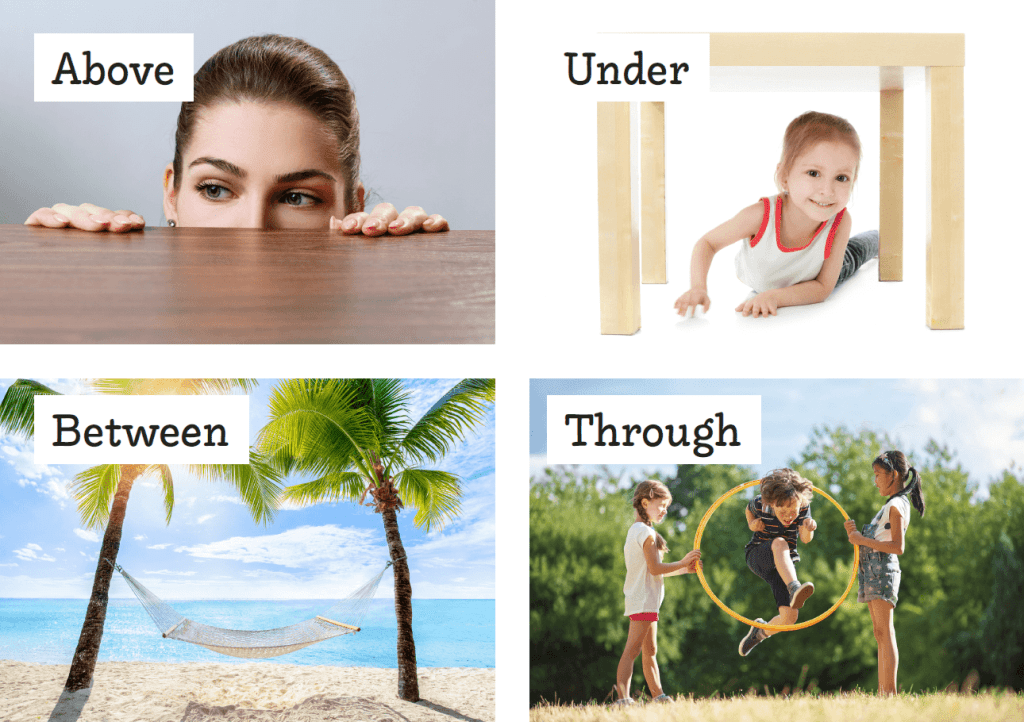
This free pack contains posters and cards illustrating 19 different prepositions to support activities in KS2 SPaG/GPS lessons.
There are two versions of each poster – labelled with the preposition and unlabelled – and four sizes – cards for table use, labelled poster, blank posters for your class to add their own text in the speech bubbles provided, giant blank poster.
2 | Prepositions SPaG challenge mat
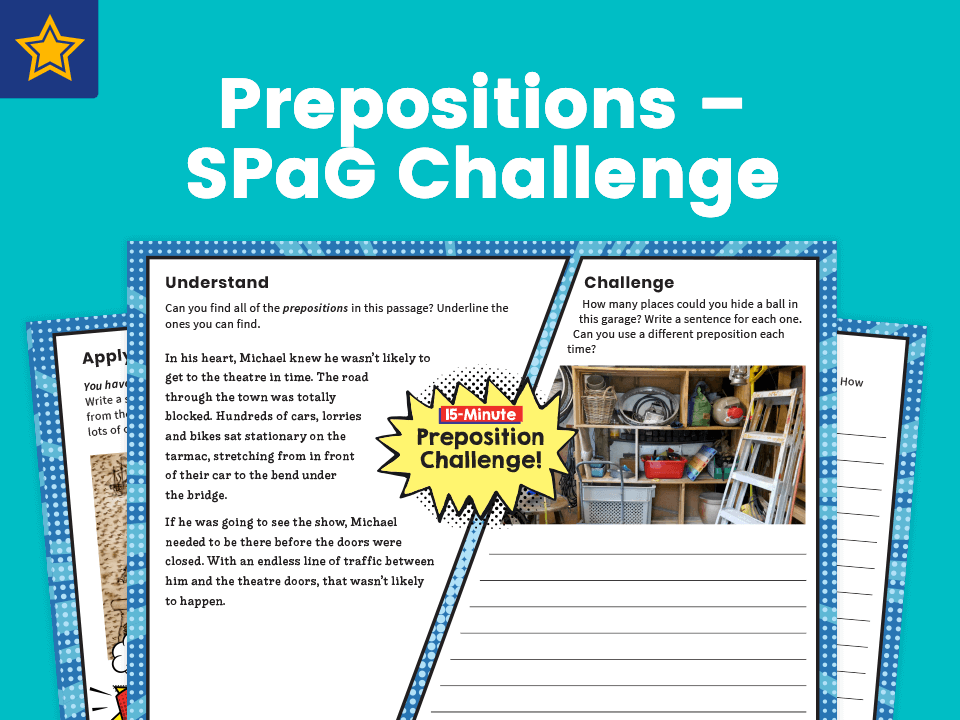
This review mat for Grammar, Punctuation and Spelling is an excellent way to revise and practise using prepositions.
The worksheets are divided into five different types of activity, including writing challenges and GPS sample test questions.
3 | ‘Can you name all the prepositions?’ quiz
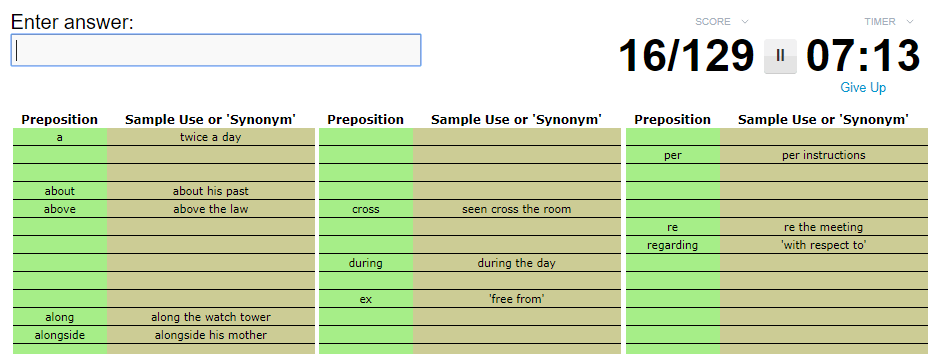
Can you name the complete set of single-word prepositions found in the Merriam-Webster dictionary? You get eight minutes to try to name all 129 of them. Chances are you won’t, but it’s great fun giving it a go.
Plus, you’ll kick yourself when you missed something obvious like ‘under’, or you got ‘on’, but not ‘onto’.
4 | ‘Missing preposition in song titles’ quiz

While you’re in the quizzing mood, why not try this one that we created, which features song titles missing a proposition for children to fill in the blanks.
So even if they’re not entirely sure what a preposition is, they should be able to learn here using the context of the rest of the title.
5 | Prepositional phrases
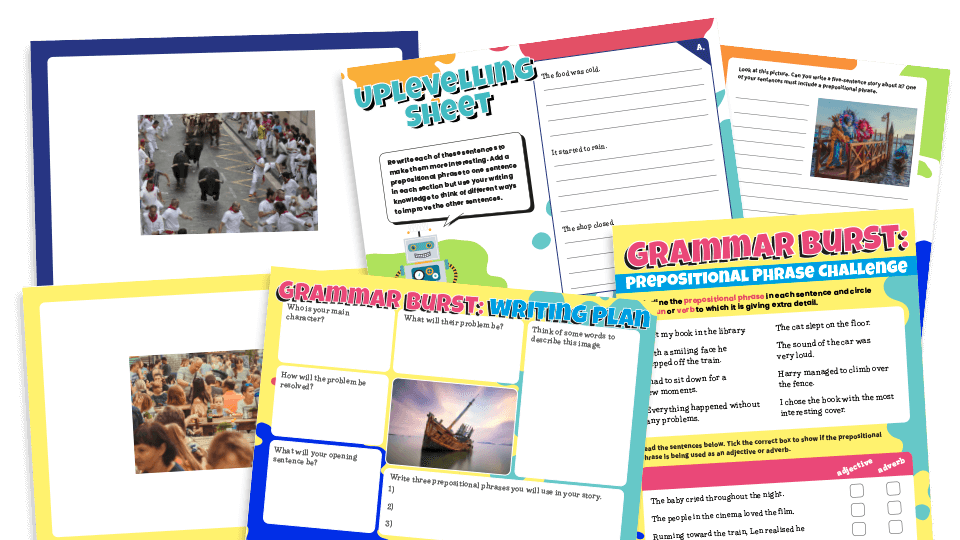
This Lower Key Stage 2 grammar resource provides everything you need to teach five 15-minute lessons on prepositional phrases.
As well as learning how to identify prepositional phrases and explain their use, children are challenged to come up with creative responses in their writing to this area of grammar, with colourful images included to help inspire their work.
The five SPaG lessons are designed to be taught across one week. Alternatively, you may wish to teach the sessions in larger chunks, spread over a longer period of time, or intersperse them with different grammar, punctuation and spelling lessons.
The resources included in this pack are a PowerPoint, a prepositional phrases worksheet, prepositional phrase cards, a writing plan and an uplevelling writing worksheet.
6 | Pick a preposition worksheet
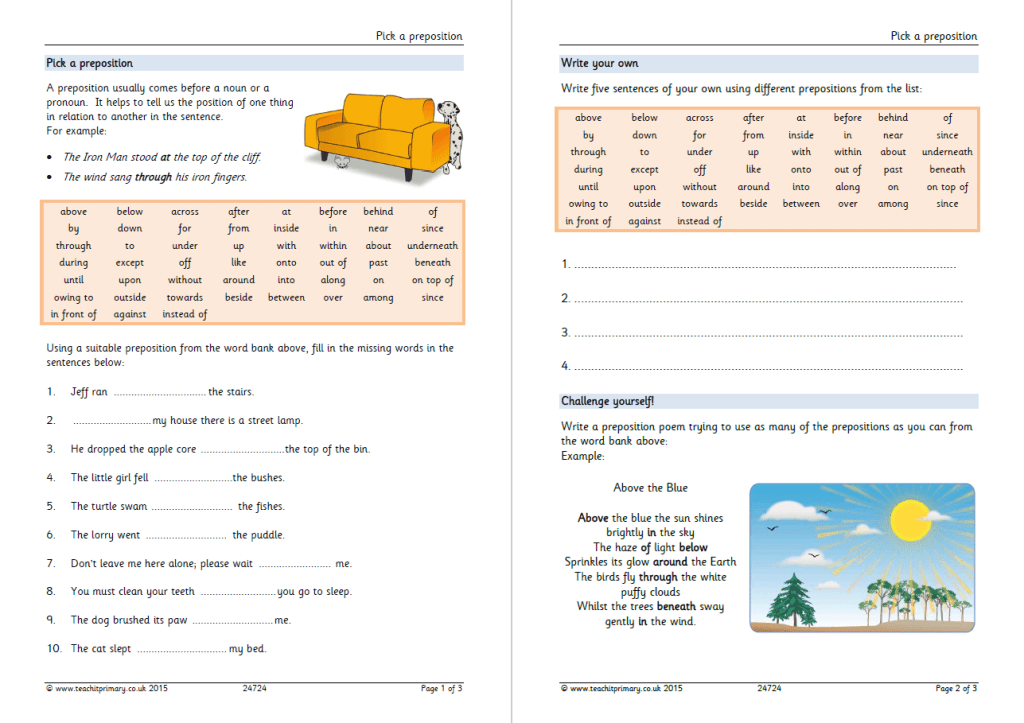
This worksheet features a set of pupil activities for a lesson on prepositions. Children choose the correct preposition then write their own sentences, before finishing with the challenge of writing a poem using prepositions.
7 | Prepositions and pronouns as writing tools
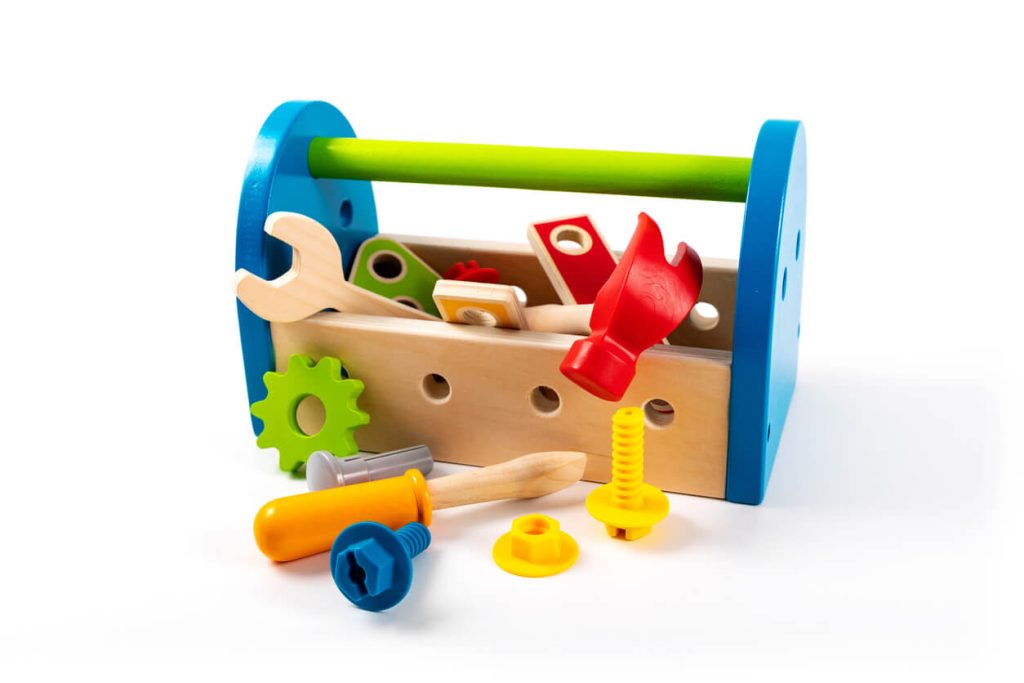
Teaching grammar well means giving children a functional, flexible set of instruments for lifelong effective communication, says Rebecca Cosgrave.
So, in this article, Rebecca identifies areas of teaching grammar where teachers can often come unstuck, such as prepositions, and provides solutions.
8 | Prepositions worksheet
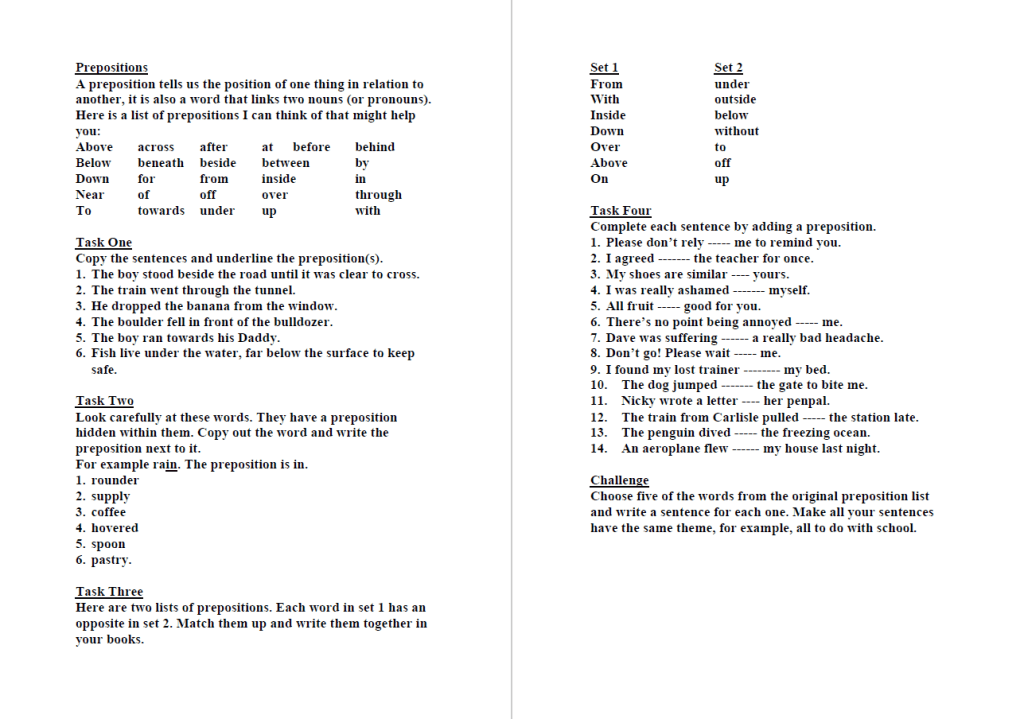
This simple worksheet has four activities and an extension for children to try, from picking out the preposition in a sentence to matching opposite prepositions and completing sentences by writing a preposition in the blank space.
9 | The wrong prepositions worksheet
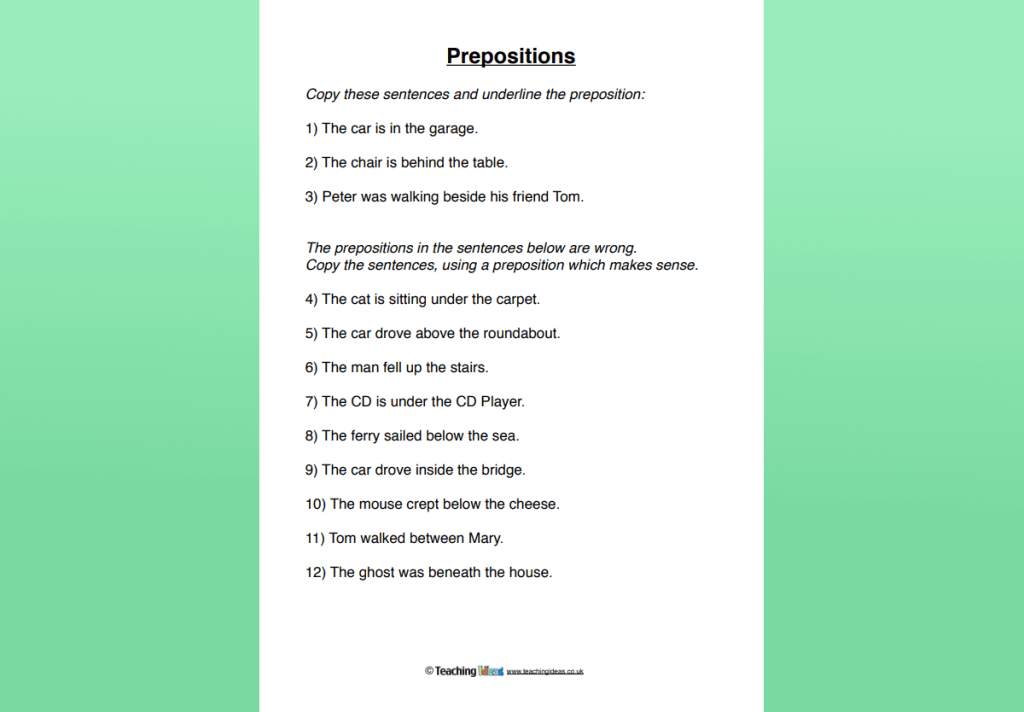
This next worksheet combines a couple of these ideas. It features a number of sentences that include an incorrect preposition, such as ‘the man fell up the stairs’. Children need to identify it and change it to one that makes sense.
Browse more SPaG games.








